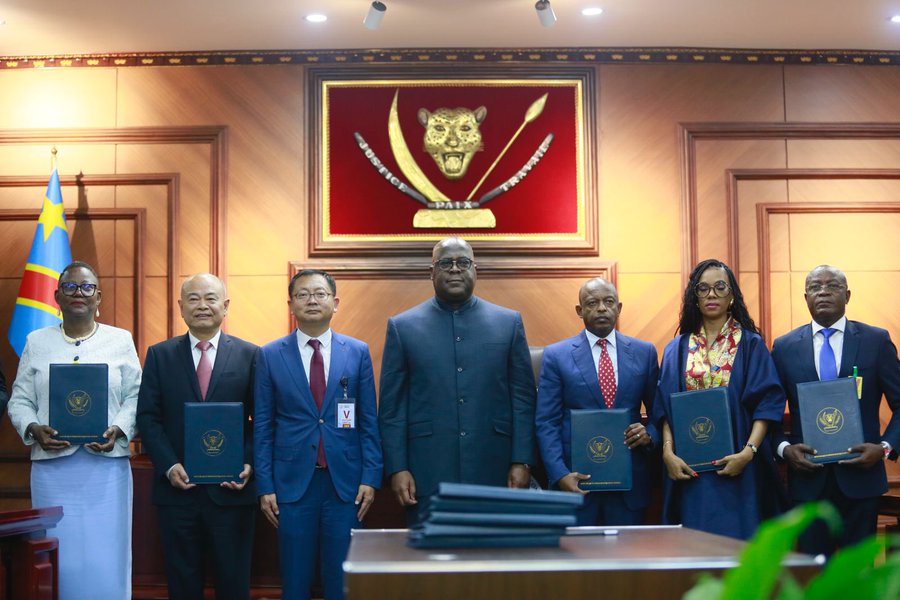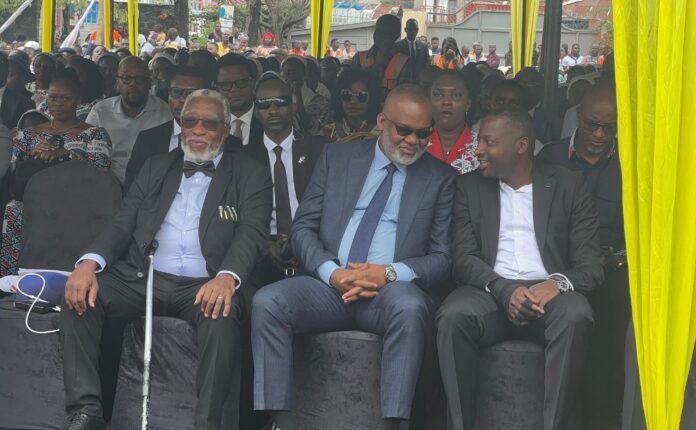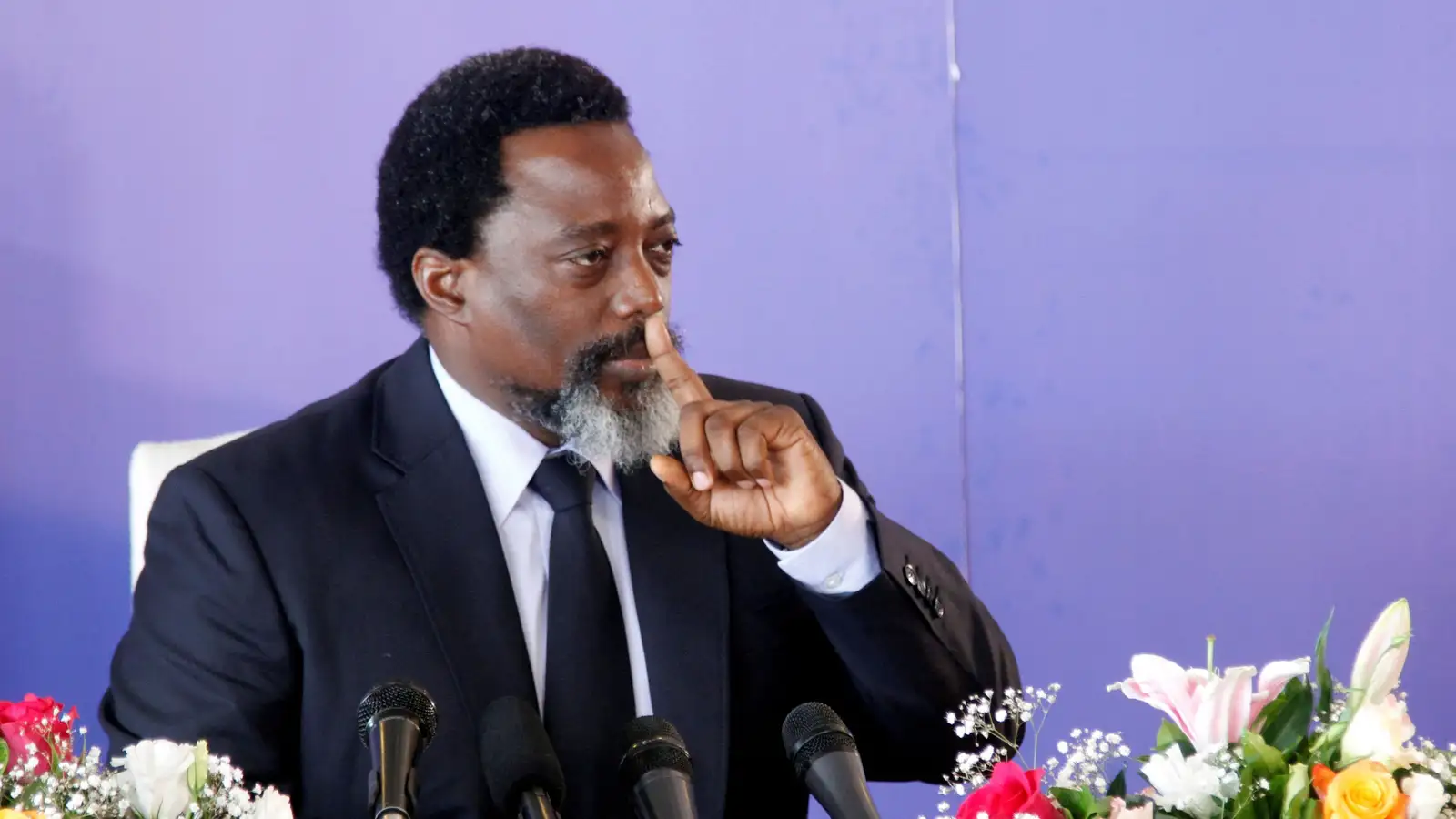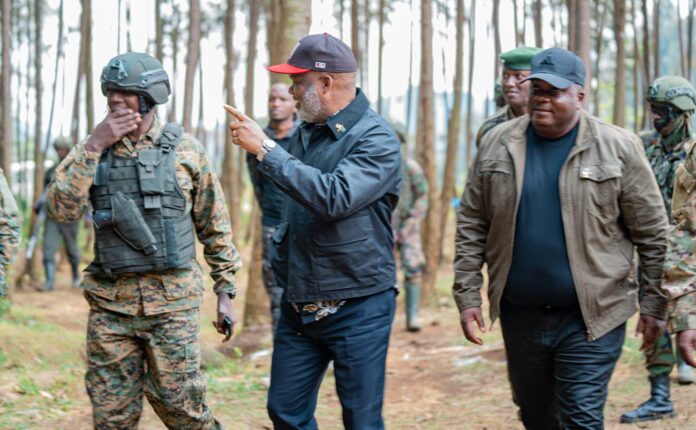On March 14, 2024, President Félix Tshisekedi signed a mining contract with China, valued at $7 billion. However, a large portion of the Congolese population doubts that they will see any benefits from this agreement, a recurring situation in a country where the exploitation of natural resources always seems to benefit foreign interests more than its citizens.
Note: Company, Blog, Church websites are free.
Today, the New York Times reports a possible resale of these same Congolese mines to Donald Trump, a maneuver justified by the idea that direct negotiations with Congolese natives, including armed groups like the AFC/M23, would constitute a “humiliation” for the former U.S. president. Such a development exposes the DRC to much broader and more dangerous geopolitical stakes.
The Congolese soil is rich in mineral resources, making it a highly coveted territory for major powers. However, the current management of these resources exposes the country to unprecedented foreign manipulation. The growing tensions between the Southern African Development Community (SADC) and the East African Community (EAC) are further proof of this. Tshisekedi, by playing on multiple fronts, has nearly triggered a confrontation between these two regional blocs.
Moreover, his policies have exacerbated tensions between Rwanda and its neighbors, particularly Burundi and South Africa. This situation further destabilizes the region and complicates the security crisis in the eastern part of the country.
The people of Kivu, a region historically affected by war and the exploitation of its resources, refuse to be dispossessed of their destiny. Faced with foreign interference and often criticized governance, they firmly assert their determination to remain masters of their territory.
It is clear that neither presidents, great powers, nor multinational corporations will be able to annihilate a people fighting for their survival. History has repeatedly shown that a nation that refuses to bow to foreign pressures always ends up prevailing.
If the DRC wants to break free from this cycle of exploitation and conflict, a genuine national awareness is necessary. Resource management must be rethought in a sovereign manner, prioritizing the interests of the Congolese people. Otherwise, the country will remain hostage to external interests that have no regard for its development.



